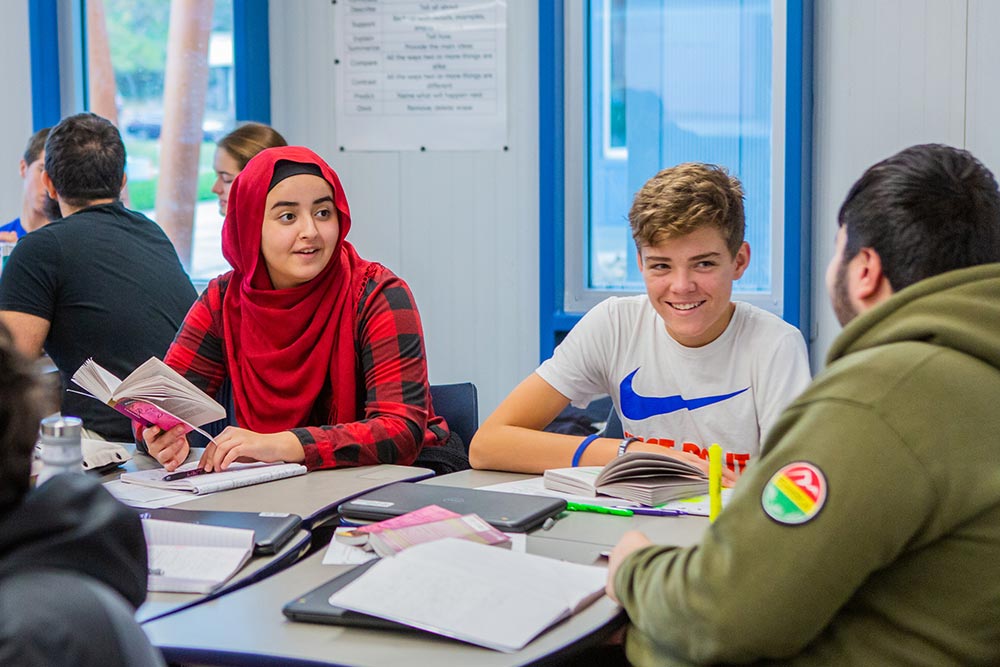
In many contexts the expectations and opportunities learners experience in school are determined at a young age and are modest for most, high for some, and disproportionately low for others. This is often based on factors connected to a learner’s identity and background like race, income, and gender. Bias when sharing information about advanced courses to learners, less optimism about some students’ chances of obtaining a four-year degree, and using a less rigorous instructional approach with some students based on beliefs about their ability to learn are just some of the ways low expectations and limited opportunities show up at school. However, to truly achieve outcomes that are not determined by birth or class, all learners must experience high expectations and have access to all the opportunities that could enable them to progress toward their aspirations, regardless of the time and support needed.

The expectations schools hold for young people, and the opportunities schools provide, can influence motivation and learning outcomes and help address long-standing inequalities. Experiencing high expectations can boost students’ confidence in their ability to succeed. It can also help to mediate against identity threats young people may feel due to stereotypes and bias. In addition, having a broad range of learning opportunities helps students build a deeper understanding of themselves and their purpose and passion. When all young people are held to high expectations and are given rigorous, unlimited opportunities to learn, they are able to make more progress and succeed. This, in turn, helps ensure that all learners are prepared for college, career, and beyond.
This Leap Means…
- Learners experiencing teachers, leaders, and other adults who hold high expectations for all students without bias.
- Learners persisting when work gets hard and using the support available (e.g., resources, peers, mentors) to help them keep trying.
- Learners having access to all of the opportunities their school offers.
- Learners having opportunities to try again when they have not yet been successful.
It seems it is not students’ ability that determines achievement, but rather their teachers’ expectations, and associated attitudes and practices. This is great news for teachers – you can make a difference.
The Education Hub
Examples
Adelante Student Services from ARISE High School (Grades 9-12)
Adelante Student Services supports all students to rise up by aligning academic, behavioral, and social and emotional approaches to ensure students and their families are provided integrated and responsive interventions attuned to their specific needs.

Build Urban Prosperity (Grades 9-14)
Build UP’s Workforce Development Model is designed to build students’ career-ready skills through hands-on apprenticeships, industry-focused coursework, and trade certification.

High-Dosage Tutoring from Saga Education (Grades 6-12)
Saga’s high-dosage tutoring model strives for increased persistence in math by leveraging adult-learner relationships and in-a-school-day, personalized tutoring sessions.

Integrated Literacy Model from AIM Institute for Learning & Research (Grades K-12)
AIM’s Integrated Literacy Model is a comprehensive framework designed to improve literacy outcomes for students of all abilities by helping teachers understand the science of reading and how to translate research into effective practices.


